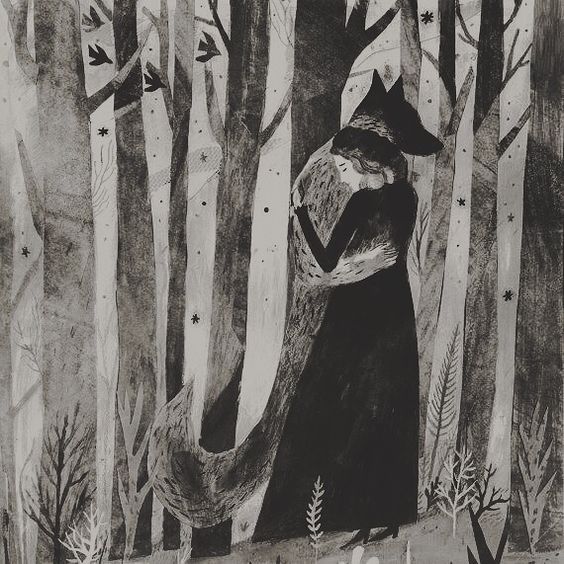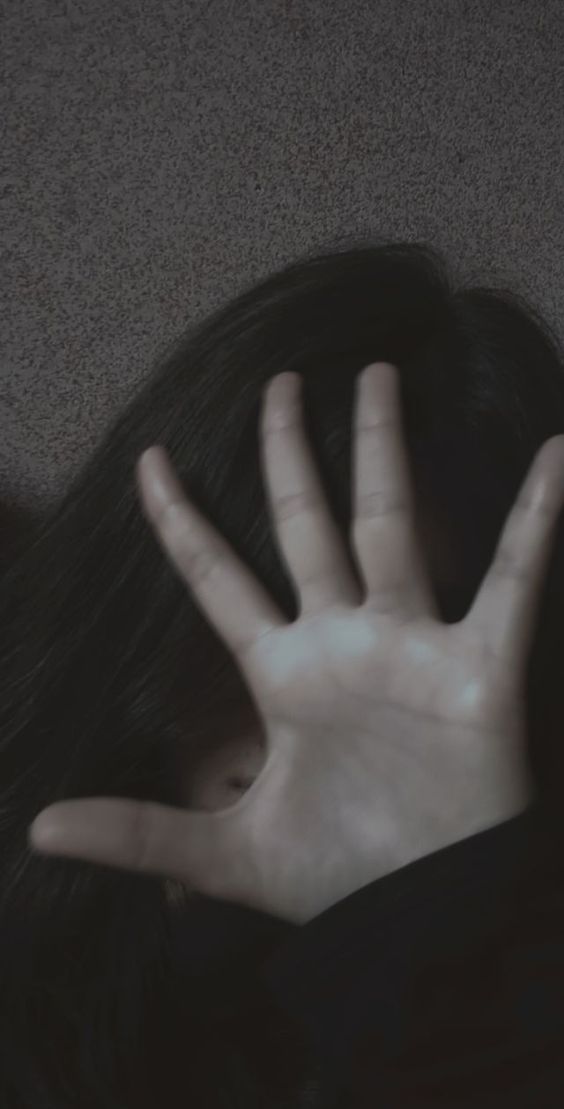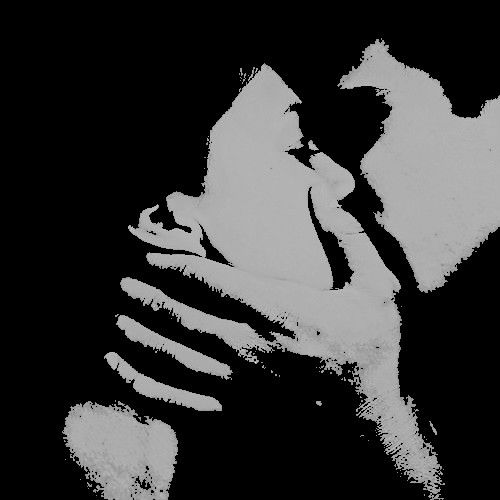
When Pluto is in a transiting conjunction, square, trine, or opposition to the Moon, it is common for a period of our life to come to a close and a new one to begin. In particular, a woman’s psychological state undergoes a dramatic shift when she has her first child. This transition marks the end of one phase of her life and the beginning of a new one. As any woman who has given birth can attest, being a mother is a life-altering experience on many levels, and one that often results in a significant shift in her life. Since the Moon represents mothers and other female figures in astrology, major changes in their lives may be seen. Hysterectomies, finding out you have a terminal illness, losing a loved one, and going through a family tragedy are just some of the other life-altering events that can occur during a Moon-Pluto transit. Problems conceiving, arousal issues, a failed pregnancy, or an abortion are all possibilities for the woman. Deep and powerful loss is felt on all fronts.
Under Moon-Pluto transits, both sexes are more likely to experience sudden, severe depression for no apparent reason. Visiting the underworld, ruled by Hades (Pluto) in Greek mythology, is like taking a trip to hell and coming out changed forever. As we undergo profound personal evolution, depression and trauma are possible side effects of Pluto transits, but they are also a normal and healthy response to any form of loss. While our perception of the world may shift following a Plutonian incident, the loss of a loved one changes us irrevocably and permanently. Pluto transits endure for a long time and have significant effects; Pluto can move through a third of a chart in a single lifetime.
It is impossible to create something new until something old has been destroyed. Recognizing new types of growth is often necessary due to the Plutonian death-rebirth sequence of metamorphosis. We’ve outgrown our former ways of life, yet the present day has given us a sense of maturity and depth. We explore Pluto’s underbelly and come out the other side more energised and wiser. In order to move on to a new phase of life, we must sometimes reluctantly let go of the past, as symbolised by Pluto transits. Personal crises are another possible outcome of Moon-Pluto aspects; at this period, we will have a profound experience of our emotional life and body, and we may have to deal with matters of life and death, both literally and metaphorically. Perhaps we are actively working to bury our own feelings of gloom and despondency and trying to push them deeper down.
As we delve deeper into our inner selves, we gain a greater understanding of who we are. However, this process often results in an emotional eruption, a letting go of negative emotions that have been bottled up for too long. This may become apparent when we are so stressed that our emotional responses become totally disproportionate to the underlying situation. Difficult Pluto-Moon transits often bring unpleasant encounters with women, or the introduction of a new, toxic woman who betrays us on some level. Moon-Pluto can manifest as an extramarital affair with our husband another woman. Marriage, motherhood, and other female relationships often serve as gateways for men, and some of them meet life-changing partners or enter into unions they grow to regret.
Studies of the unconscious mind and the release of long-buried emotions are often recommended during Moon-Pluto transits. Plutonian transitions are times of profound personal development and metamorphosis, soul growth and transformation in our lives. After suffering loss, sorrow, agony, separation, or grief of any type, the first reaction may be to withdraw from society and retreat underground. Even if we don’t welcome the changes, we can hope to come out on the other side with a more fuller understanding of who we are, a richer awareness of our internal world, and a new outlook on the future.















